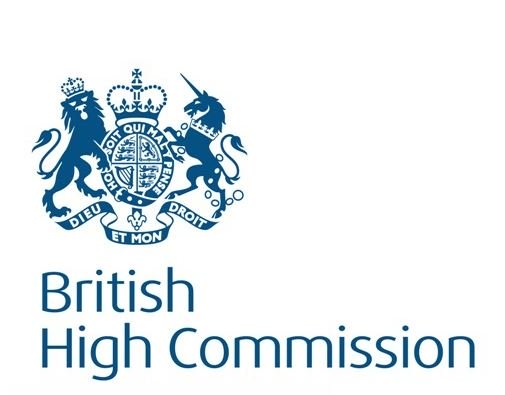The British High Commission has commended a development activist, Aderonke Ige and 43 other Nigerian Chevening scholars, who successfully completed their post-graduate studies in the United Kingdom (UK).
Speaking at the welcome ceremony in Lagos, Ige who was awarded a Master of Science (MSc) Degree in Development Studies from the School of African and Oriental Studies, University of London, said: “East or West, Home is Home. My experience was well-rounded, expository and challenging in many meaningful ways.”
She stressed that the systemic investment in the mental wellbeing of students, beyond academic pursuit, was one of the key factors she found most impressive for rethinking people-centered systems and structures.
Ige who resided in Central London, East London and South London, within the one year duration of the programme, applauded the multicultural outlook of London City and its inclusive system.
Also speaking at the welcome ceremony organised for the Chevening and Commonwealth Scholars at the British residence in Lagos, the scholars, who had gone to study for Masters Degree in various disciplines on the prestigious Chevening scholarship, shared their diverse experiences in the UK.
British Deputy High Commissioner, Jonny Baxter, who welcomed the Chevening and Commonwealth scholars to Nigeria, was excited at the various achievements of the scholars and encouraged the cohort to leverage the rich Chevening Alumni network and other opportunities afforded by the Foreign Commonwealth and Development Office (FCDO).
Speaking on her future plans, Ige disclosed that her contribution to society was about to increase, adding: “To whom much is given, much should be expected.”
Ige who said Nigeria and the African continent remain dear to her heart, maintained that she was determined to use her non-profit platform, the “Help Initiative for Social Justice and Humanitarian Development” for the greater good and promotion of worthy causes.
According to her, not for once did she lose sight of her grounding values and the enormous work that lies ahead in the areas of human rights and the intersections of climate justice, water access, gender justice and youth development.
While abroad, she continued to mobilise power within local communities. She emphasized that technology came in handy and she was able to organise her constituents for climate action, including at the climate conference (COP28), where she campaigned on issues of adaptation, mitigation and climate finance and reparations, and at the Pan-African Youth Forum in Algeria, where she addressed Youth Democratic Disconnect in Africa.
She added that since her return, she has been part of the process to validate a model climate change law for Africa, a task she undertook with two of her fellow Chevening scholars, Olufunke Oyinlola who studied Crime, Justice and Psychology at the University of Leicester and Miracle Ogba who studied Human Rights Law at the Queen Mary University of London.
The joint task, the three Chevening scholars said, was a collaborative effort with the National Institute for Legislative and Democratic Studies (NILDS) and the Africa Group of Negotiators Support, led by Prof. George Wamukoya from Kenya.
In her estimation, being invited by the institution to be part of such a crucial process is a serious assignment that could not have been taken with levity. She further said it demonstrated the willingness of stakeholders on climate change in Nigeria and Africa as a whole to accommodate robust views and recognise human rights as a valuable part of the climate discourse.
She expressed hope in possibilities that lie ahead for Nigeria as a leading global force and Africa to regain its pride of place.




